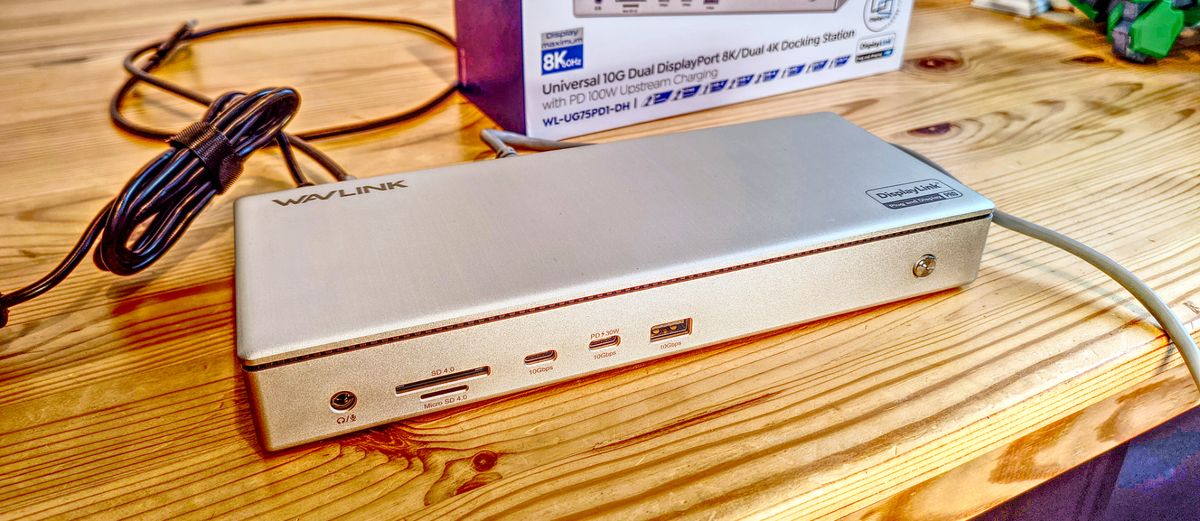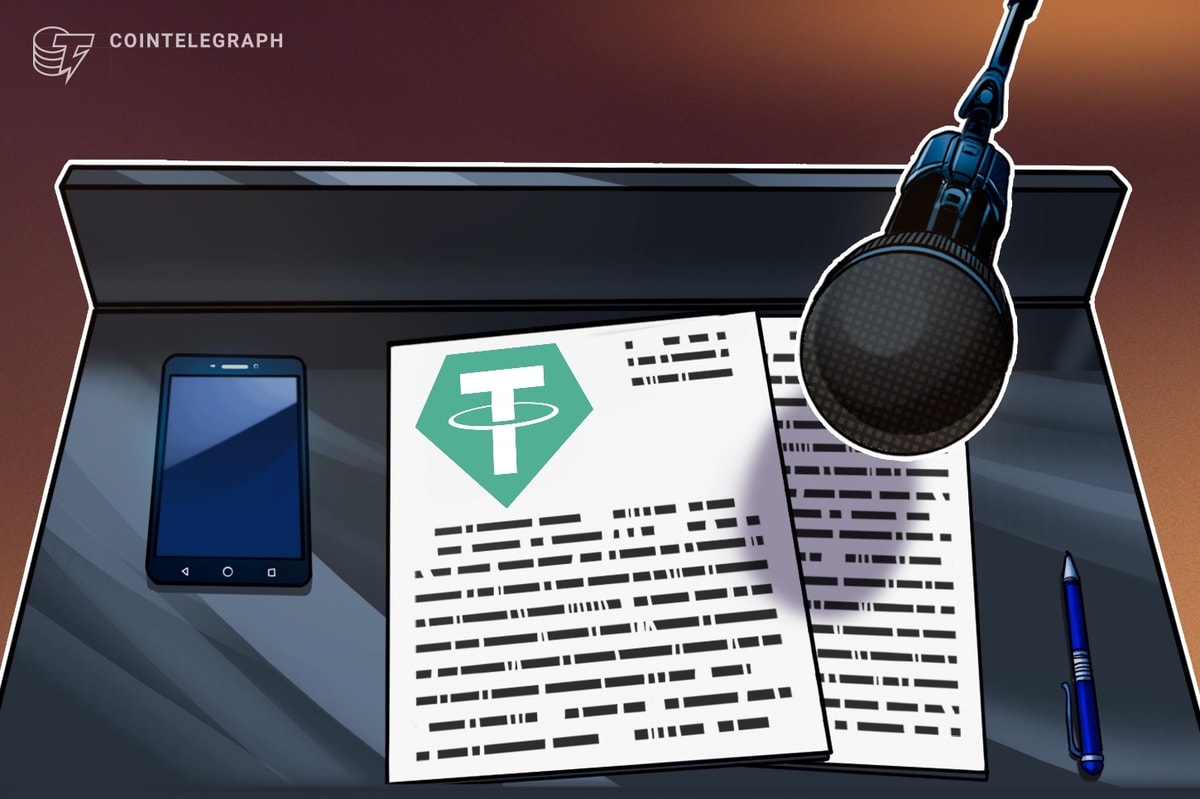Before the official faculty profiles of renowned Indiana University, Bloomington (IU) data privacy professor Xiaofeng Wang and his wife disappeared and the FBI raided two of the couple’s homes last week, the school is said to have been reviewing for months whether the professor received unreported research funding from China, WIRED has learned.
Indiana University contacted Wang in December to ask about a 2017-2018 grant in China that listed Wang as a researcher, according to an unsigned statement that appears to be written by a Purdue University professor and long-time collaborator of Wang seen by WIRED. The statement says that the author believed IU was concerned that Wang allegedly failed to properly disclose the funding to the university and in applications for US federal research grants.
The statement has been circulating among cybersecurity and privacy scholars at universities around the world in recent days and was sent to WIRED by three separate sources. It claims that Wang had explained the funding situation to IU, then was told in February that the school would continue looking into the matter.
Alex Tanford, a professor emeritus at Indiana University and the IU Bloomington Chapter president of the American Association of University Professors, says Wang reached out to him and said that he had been accused of alleged research misconduct. Tanford says he provided Wang guidance as a member of the faculty board of review. IU did not answer WIRED’s questions regarding any probes into Wang.
“The charge seemed trivial—that he had failed to properly disclose who was principal investigator on a grant application and had not fully listed all his coauthors on an article,” Tanford tells WIRED of the allegations. He says Wang wanted to know if the university had the right to lock him out of his office and computer, as he was in the middle of ongoing research.
Research papers Wang published between 2017 and 2018 list funding from places like the National Science Foundation, National Institutes of Health, the US Defense Advanced Research Projects Agency, the US Army Research Office, Google, and Samsung, according to a WIRED review of his publications from the time period.
Wang regularly collaborated with researchers at the Institute of Information Engineering (IIE) at the Chinese Academy of Sciences, a government-funded cybersecurity research lab. In papers, Wang and his coauthors disclosed that the IIE scholars received funding from sources such as the National Natural Science Foundation of China, but that Wang was being supported by US grants. It’s not uncommon for professors at US institutions to collaborate with researchers in China, and there's no public evidence to suggest that the arrangements were improper.
According to the unsigned statement’s title and metadata, it appears to have been authored by Ninghui Li, a computer science professor at Purdue who has collaborated on research with Wang since at least 2006. The pair also serve together on board of the ACM Special Interest Group on Security, Audit and Control (SIGSAC), which aims “to develop the information security profession by sponsoring high quality research conferences and workshops,” according to the Association for Computer Machinery’s website. Li did not respond to emailed requests for comment nor a voicemail left on his office phone.

 5 months ago
40
5 months ago
40







 English (US) ·
English (US) ·